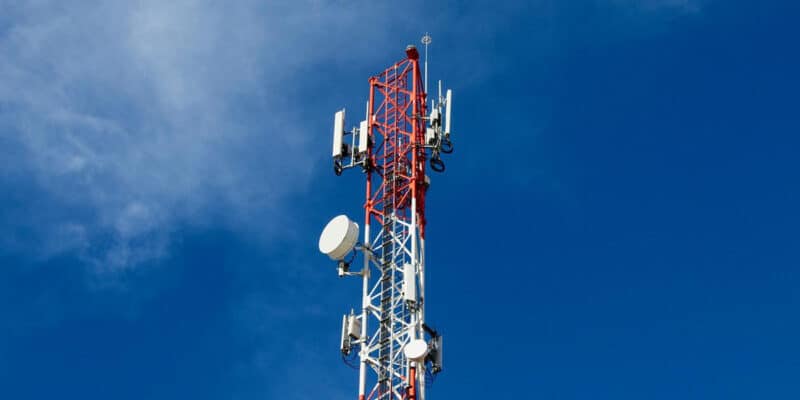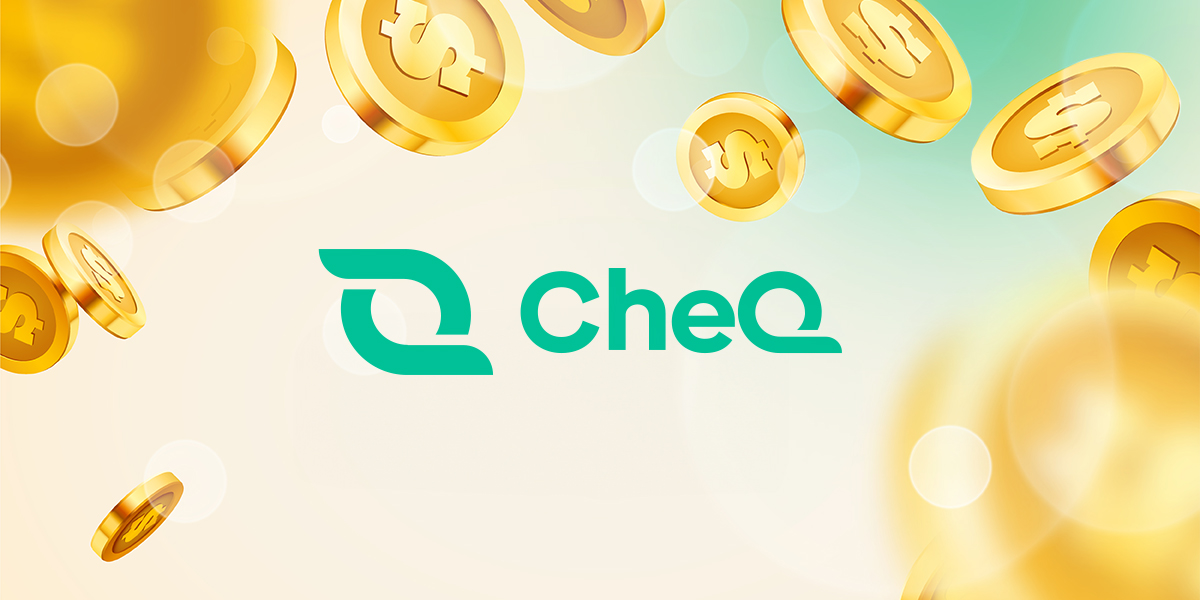The Telecom Regulatory Authority of India has defended its landmark Net Neutrality rules in correspondence with the Department of Telecommunications, according to a document accessed by Entrackr. TRAI argued that creating a body to advise the government on enforcing Net Neutrality rules wouldn’t run afoul of austerity measures taken up by the government in light of the COVID-19 pandemic, and that it would be in line with bodies already created by the Indian government.
Some background: Net Neutrality is the principle that all information on the internet should be treated equally, without discriminating in price or speed. Since 2018, India has had the strongest Net Neutrality rules in the world, restricting telecom operators from “zero rating” select parts of the internet, or having faster slices of the web for select content providers.
Net Neutrality rules are why telecom operators in India have not been able to offer discriminatory plans like their counterparts in other countries like Bangladesh and Sri Lanka, like plans that only allow access to WhatsApp, or that would allow their own streaming services (like JioCinema, Vi Movies and TV, or Airtel Xstream) to be streamed by customers for free, while charging customers for accessing other competing streaming services.
The question of enforcing these rules has not been very straightforward — TRAI put out separate recommendations for doing so in 2020, and suggested a multi stakeholder body that would advise the government on setting guidelines for internet providers to follow. These guidelines may include what kind of ‘traffic management practices’ they can follow to fairly deal with the load on their networks while complying with Net Neutrality principles.
But the government balked at this recommendation in 2021, arguing that austerity measures in the aftermath of the COVID-19 pandemic was standing in the way of creating such a body. The Internet Freedom Foundation, which was founded on the basis of its founders’ success in lobbying for the first Net Neutrality rules in India, sounded alarm at this revelation last year. IFF said that some telcos “discriminating against certain types of internet content and blocking it with impunity” warranted oversight by an independent body like the one suggested by TRAI.
Now, according to the letter Entrackr viewed, the telecom regulator has responded to the government’s concerns, defending its recommendation. Sanjeev Kumar Choudhary, a joint advisor at TRAI, wrote in a December 2021 letter that the authority “does not foresee any challenges in setting up MSB [Multistakeholder Body] as recommended, even if the number of members [exceeds] 1500 as mentioned in your letter. There are a number of similar bodies with large number of membership. As an example, NASSCOM has 2800 and CII has 125000 members on date.”
Further, TRAI argued that the cost of setting up this body should be dealt with by the body itself, once it is constituted. “Earlier MSB was recommended as [a] not for profit body and the expenditure, if any, [is] to be dealt by the body once it gets [its] established fee and other things [that] may be decided by MSB,” Choudhary said. (emphasis theirs)
TRAI added that its 2020 recommendations highlighted “approaches adopted in other domains where Govt bodies were involved in setting up similar structures.” The regulator pointed to the Telecom Standards Development Society of India, an organization that recently built an indigenous standard for the fifth generation of telecommunications networks, called 5Gi, which has been approved by the International Telecommunication Union.
The telecom department had also complained that TRAI did not provide a list of traffic management practices based on which DoT could regulate ISPs. The telecom regulator replied that such measures, which telcos undertake to manage congestion, are “transient and dynamic” in nature and that they vary wildly across telcos, requiring oversight by a diverse group, such as the one suggested by TRAI.
Five months after this letter was sent to DoT, there has been no apparent movement towards the establishment of an advisory body to enforce Net Neutrality. It is unclear if DoT has responded to this letter — we have reached out to the government to find out.
Net Neutrality rules, coupled with the entry of Reliance Jio in 2016, was a significant boon to the free and open web. However, telecom operators have been less than happy with them, even though they haven’t challenged the rules in court. They have consistently argued that online content providers and web browsers should also be regulated, something that Net Neutrality supporters have criticised, as content providers don’t control their own licensed access networks like telcos do.
Net Neutrality is one of the key pillars of an open internet. Any move to move away will be seen as, and will be, a shift to serve specific corporate interests. For a government that has been content to watch as the telecom market itself has become a 2 horse race effectively between Airtel and Jio, with two other players (BSNL and Vi) providing notional competition, a turn away from Net Neutrality is bound to be seen as an anti consumer move, whichever way they dress it up.














